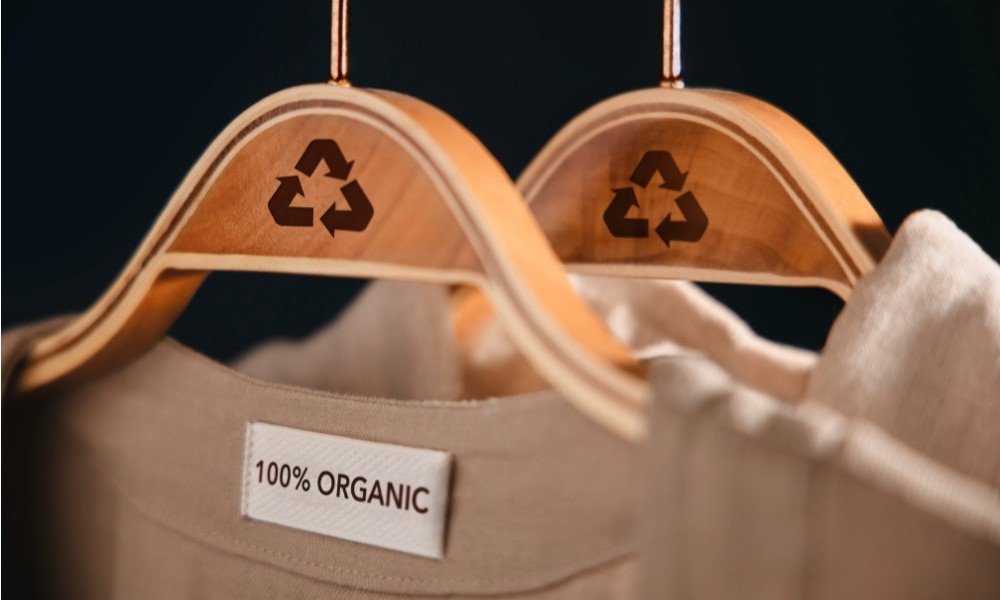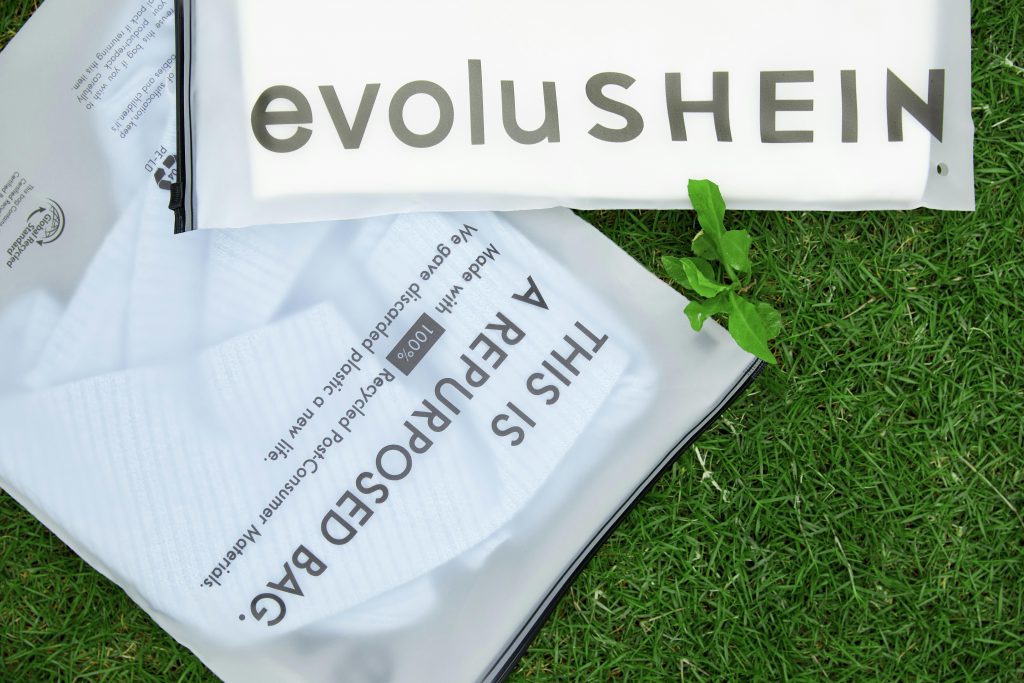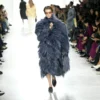Greenwashing carries serious consequences and fine, but well-known companies like Shein continue to cash in.
100% organic cotton, made from recycled fabric, and eco-friendly —we’ve been seeing these labels on the tags of our favorite fashion brands for quite a long time now. Whether you’ve been actively living green or just a casual supporter of the movement, chances are, these claims give you a sense of reward after shopping. It’s like a pat on the back for doing something good for Mother Earth, all while indulging in some retail therapy.
This feeling, or at least the intention of being eco-conscious, is quite common among shoppers nowadays. Researchers at business data platform Statista found that 64% of Gen Z and 59% of millennials are willing to spend more on products that come from sustainable brands. Meanwhile, a 2021 report by global consumer data expert Worldpanel states that “75% of Filipinos are actively seeking out brands that offer ways to offset their impact on the environment.”
Going green has definitely benefited brands worldwide. It enhances their image, attracts environmentally conscious consumers, and improves financial performance. There are some, however, that exploit this growing business opportunity in a deceptive practice called “greenwashing.”



Related story: Global issues to watch in 2025
Related story: Another fashion controversy: Major brands linked to alleged child labor in cotton farms
If the term reminds you of the word “brainwashing,” that’s because the concept is pretty much the same. Greenwashing, in particular, is a deceptive tactic where businesses create a false impression that their products or operations are more environmentally friendly than they actually are. These companies often go the extra mile, investing in marketing campaigns, to exaggerate their supposed environmentally friendly actions to trick eco-conscious consumers into buying their goods and services.
Greenwashing is a term coined by environmentalist Jay Westerveld in his 1986 essay inspired by the irony of the “save the towel” movement popularized by hotels. Here, hotels encouraged guests to reuse their towels to conserve water. But according to Westervel, these establishments only wanted to reduce laundry costs rather than contribute to the conservation of the environment. It’s an idea that he brought to light at a time when most consumers couldn’t fact-check claims like the way we can today.
Related story: Prada promotes sustainability through ocean literacy, regenerated nylon
Related story: Germanier turns waste into vibrant extravaganza at Paris Fashion Week
Shein and its “misleading” sustainability claims



There are many companies that, in fact, went under fire for greenwashing on a large scale. The latest to make the headlines is China-founded fast fashion retailer Shein. On Aug. 4, 2025, Italy’s competition authority (AGCM) slapped the global e-commerce platform with a fine of €1 million for its “misleading or omissive” environmental claims about its products.
Shein was established in 2008 but rose to international fame around 2020, during the COVID-19 pandemic, and consumers were limited to buying clothes online. It has since been popular for selling tops for as low as P250, gowns for P600, and shoes below P1,000. The fast fashion behemoth claims that sustainable practices are at the core of its operations, including using recycled materials, responsible sourcing, and exploring new recycling techniques. It says that it built one of its campaigns, dubbed “evoluSHEIN,” on three strategic pillars: “Equitable Empowerment (People), Collective Resilience (Planet), and Waste-Less Innovation (Process).”
However, those claims written on Shein’s website are in some cases “vague, generic, and/or overly emphatic,” according to AGCM. “The well-known brand, operating in the ‘fast’ and ‘superfast fashion’ sectors, adopted a misleading communication strategy regarding the characteristics and environmental impact of its clothing products,” the organization said.
“Through its website … and other promotional and/or informational online pages, the company disseminated environmental claims within the sections #SHEINTHEKNOW, evoluSHEIN, and Social Responsibility that were, in some instances, vague, generic, and/or overly emphatic, and in others, misleading or omissive.”



The regulator noted that Shein’s claims about recycling “were found to be either false or at least confusing,” while its promise that its “evoluSHEIN by Design” collection is more sustainable than the rest of its offerings is “overstated.”
“Moreover, these claims may lead consumers to believe not only that the evoluSHEIN by Design collection is made solely from ‘sustainable’ materials, but also that its products are fully recyclable – a statement which, given the fibers used and current recycling systems, does not reflect reality,” AGCM added.
Related story: Southeast Asian countries top global intake of microplastics. What does this mean to our health?
The regulator imposed the 1 million-euro fine on Dublin-based Infinite Styles Services Co Ltd, which operates Shein’s website in Europe. The fast fashion platform responded to the ruling, saying, “We have cooperated fully with the AGCM throughout this process, and took immediate action to address the concerns raised as soon as we became aware of them.
“We have strengthened our internal review processes and improved our website to ensure that all environmental claims are clear, specific, and compliant with regulation.”
This is not the first time that Shein has been accused of greenwashing by a European competition authority. Last July, France fined the company €40 million over misleading sustainability claims and fake discounts.
And it’s not just Shein. Many well-known companies have been caught greenwashing in recent years, although the deceitful practice comes with a number of serious consequences, including lack of consumer trust, lawsuits, and lost partnership opportunities.
Notable names in the list include Volkswagen, which admitted cheating emission tests with defective devices that alter the emission levels of its vehicles, as well as Starbucks, which released “straw-less lids” in 2018 that, in fact, contained more plastic than its old lids. Then there’s H&M, which was criticized by the Norwegian Consumer Authority for its “misleading” campaign for its “Conscious” collection, which the brand said uses organic cotton and recycled polyester.
Related story: Unpacking ‘Made in Italy’: How the Loro Piana scandal exposes fashion’s labor machine








